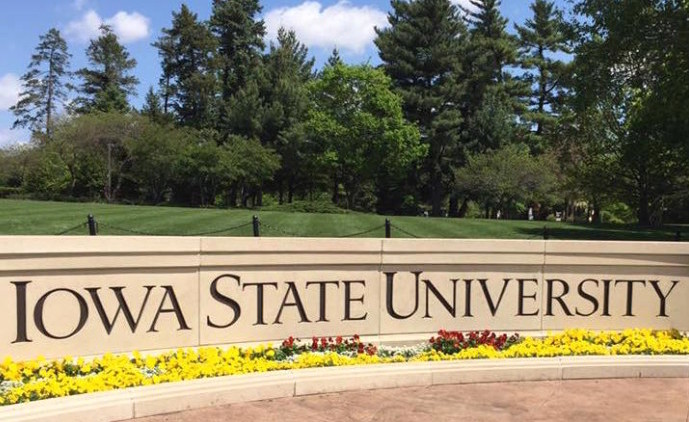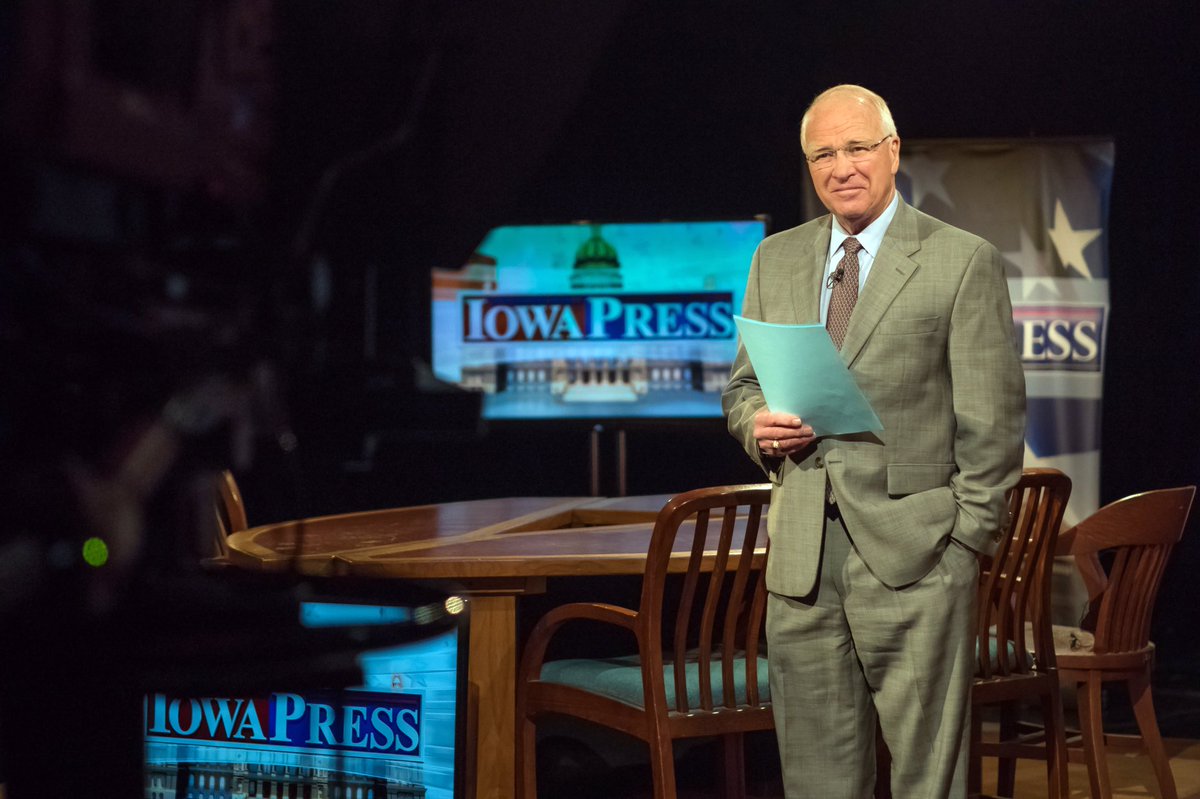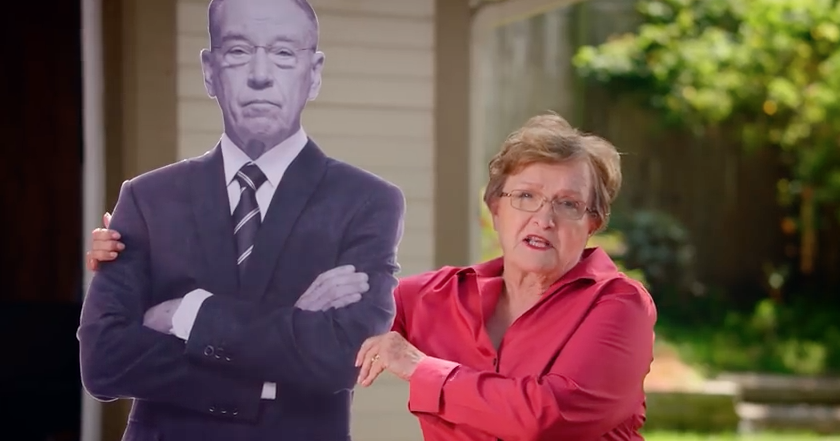What’s on your mind this weekend, Bleeding Heartland readers? This is an open thread: all topics welcome.
The more I hear about “Making a Murderer,” the more tempted I am to become a Netflix subscriber so I can watch the ten-part documentary myself. The series follows the case of Steven Avery, released from prison after 18 years when DNA evidence showed he was innocent of the rape for which he had been convicted. A few years later, Avery and his teenage nephew Brendan Dassey were charged and convicted of murdering Teresa Halbach. The documentary suggests that Avery and Dassey, who are both serving life sentences, did not kill Halbach and did not receive fair trials.
Lee Rood has a front-page feature in today’s Des Moines Register about how problems highlighted in “Making a Murderer” point to the need for criminal justice reforms in Iowa, such as “uniform best practices for eyewitnesses and the mandatory recording of law enforcement interrogations.” I’ve enclosed excerpts after the jump, but I strongly recommend clicking through to read her whole story.
Avery’s wrongful conviction for rape rested primarily on eyewitness testimony. The latest edition of the New Yorker contains an excellent piece by Paul Kix on how a similar “travesty led to criminal-justice innovation in Texas.” Passages enclosed below cite Iowa State University Psychology Professor Gary Wells, who “has spent decades researching ways in which police lineups can be made more accurate.” Wells testified at a hearing seeking to exonerate a man who had died in prison, serving time for a rape he did not commit. Some of Wells’ recommendations for improving police identification practices were incorporated into a Texas law.
Those measures are different from the reforms an Iowa working group proposed and Governor Terry Branstad endorsed in his speech to state lawmakers this week. But with statehouse Republicans and Democrats deeply divided over education spending, Medicaid privatization, and Planned Parenthood funding, criminal justice reform may provide a rare opportunity for bipartisan cooperation this year. I hope members of the Iowa House and Senate who applauded Branstad’s call to reduce racial disparities will also consider some of the steps Texas has taken to prevent wrongful convictions.
Speaking recently to the Marshall Project, the rape survivor whose mistaken eyewitness testimony sent Avery to prison during the 1980s recounted how seeing a picture of her real attacker doesn’t stir up any emotion for her. In contrast, she says, “I still see Steven Avery as my assailant even though I understand he wasn’t.” I have read other accounts of traumatic memories being altered so that misremembered details evoke panic and terror. The way trauma affects the mind and body and the malleability of traumatic memories are major themes in Dr. Peter Levine’s latest book Trauma and Memory. I hadn’t heard of the book until I received a copy from a friend who found Levine’s approach to healing trauma life-changing.
A videotaped confession by Avery’s “low-functioning” nephew became a key part of the prosecution’s case in the trial that is the focus of “Making a Murderer.” Des Moines defense attorney Gary Dickey told Rood, “Set aside Avery’s innocence or guilt, the most striking thing of the whole series is the clearly coerced confession of Brendan Dassey.” It is surprisingly easy to manipulate a person to admit doing things that never happened, as shown by the New York Police Department’s ability to obtain false confessions from five teenagers accused of assaulting the “Central Park jogger” during the 1980s. Discussing that notorious crime, Saul Kassin, Psychology Professor at the John Jay College of Criminal Justice and Williams College, pointed out that “in some cases people accused of crimes, particularly kids and others who are limited intellectually, become so confused by the lies that they actually come to believe they have committed this crime they did not commit.”
A chapter in Trauma and Memory focuses on “the pitfall of false memory,” such as when therapists (either unscrupulous or well-meaning) induce patients to believe wrongly that they suffered ritual or sexual abuse as children. At the end of this post, I enclose a passage from Levine’s book addressing “malevolent police interrogation methods” used to implant inaccurate memories and thereby obtain false confessions or wrongful convictions.
Among other things, the final installment of “Making a Murderer” covers a post-script to the Avery case: the downfall of District Attorney Ken Kratz, who prosecuted Avery and Dassey. Ryan Foley, an Associated Press correspondent in Iowa, was working for the AP in Wisconsin when he reported that Kratz “sent repeated text messages trying to spark an affair with a domestic abuse victim while he was prosecuting her ex-boyfriend.” Kratz lost his job over that despicable abuse of power, which he later blamed on mental health conditions and prescription drug dependence. All journalism students should listen to Foley’s interview with Kratz before the story appeared, a fascinating example of a newsmaker trying to intimidate a reporter. In quite a show of interrogation techniques, the DA warned that a “hatchet story” on his inappropriate behavior would reveal the journalist to be a “tool” for someone else’s political agenda. Kratz modulated his voice frequently–lecturing, mocking, shouting, even whispering–hoping to throw Foley off balance and trick him into revealing his sources.
Continue Reading...

























